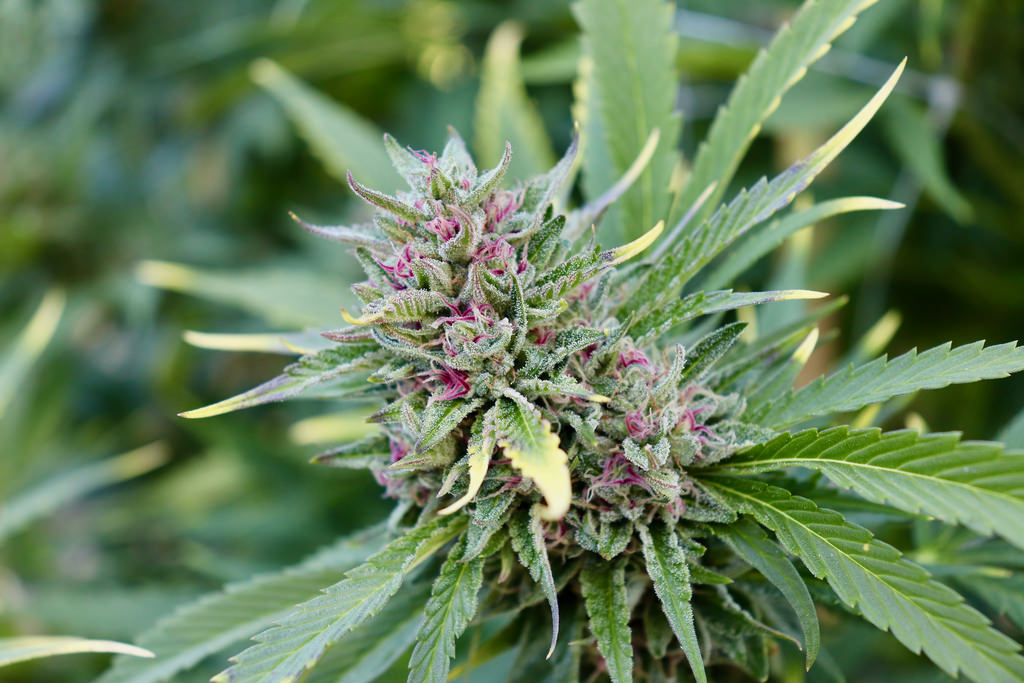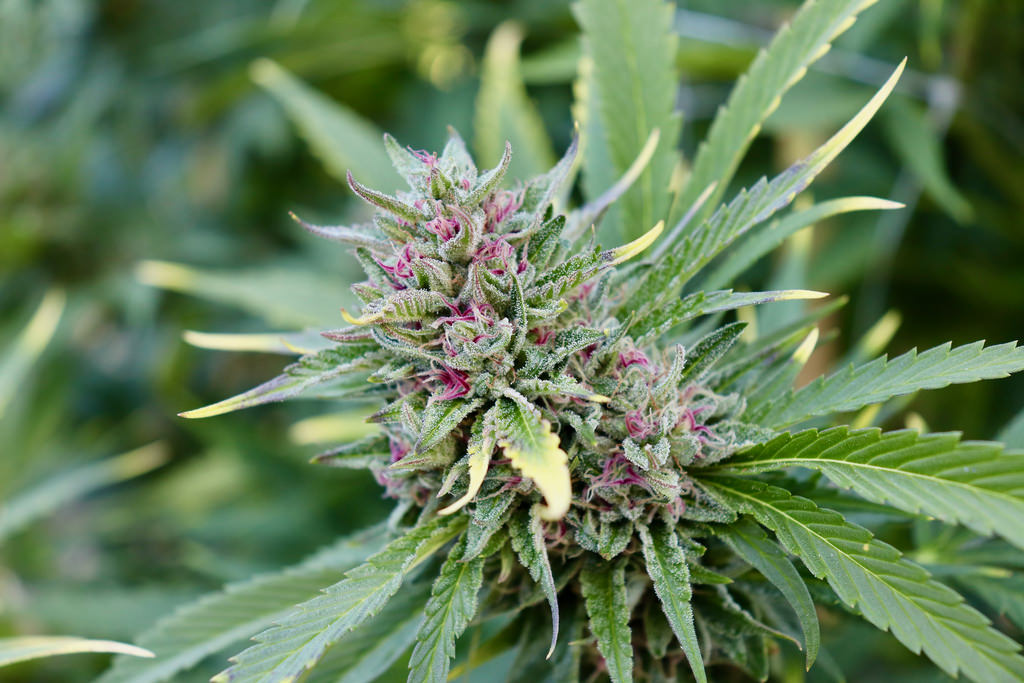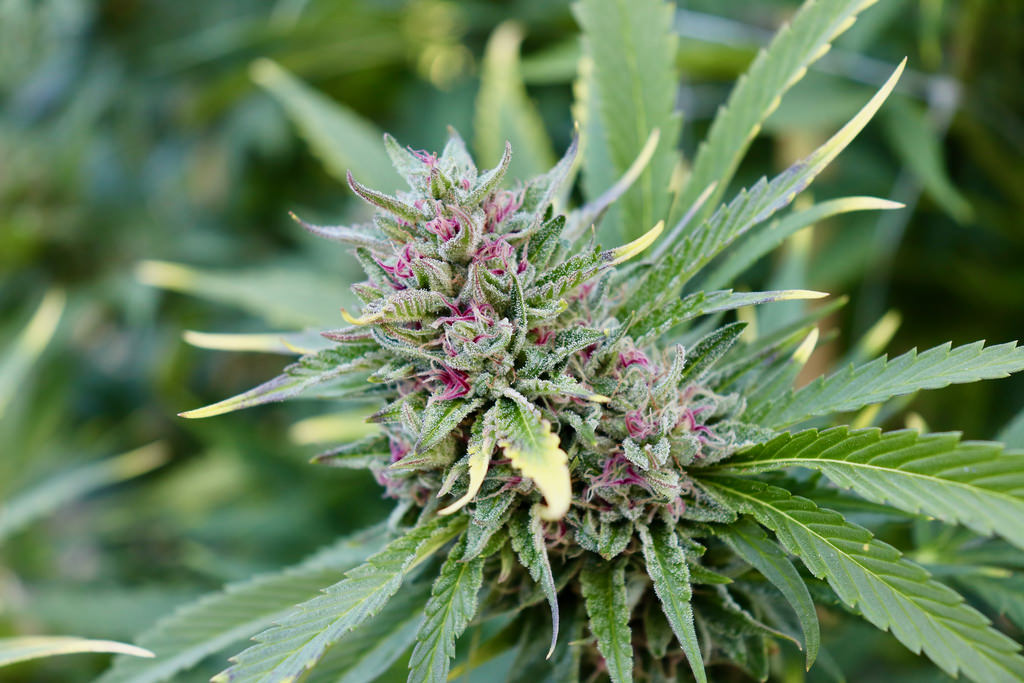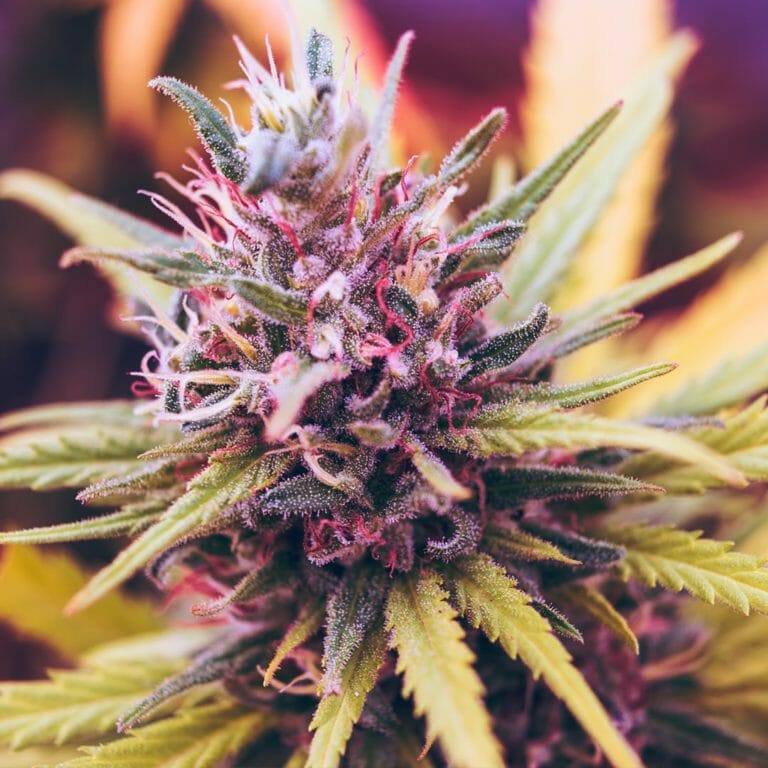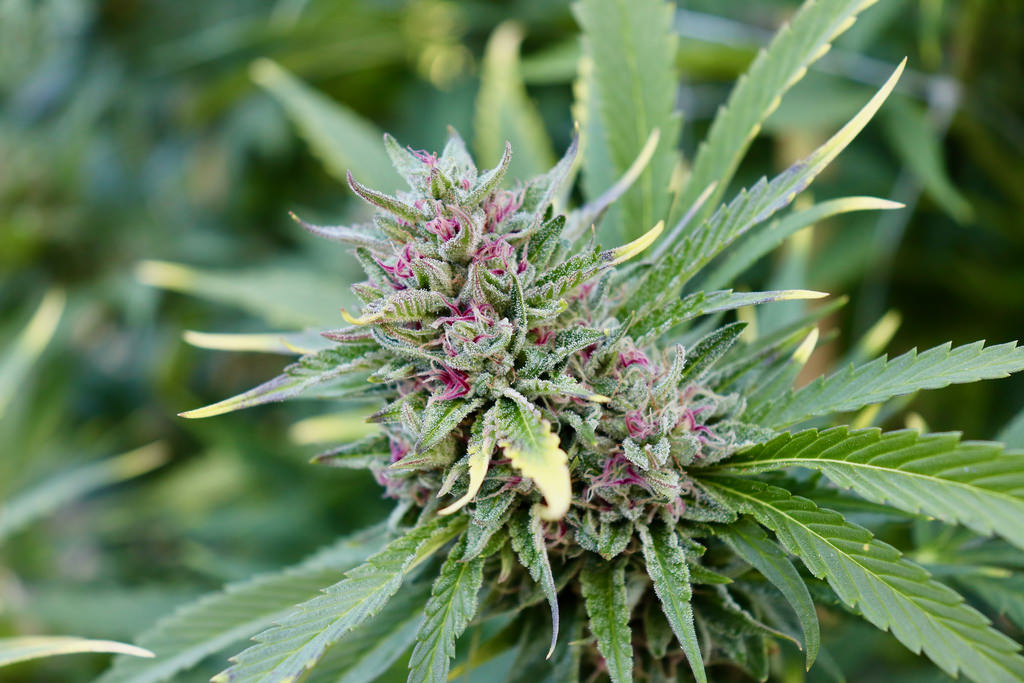LEGAL & REGULATORY FRAMEWORK
access medical cannabis in the UK
1.1 LEGISLATIVE BACKGROUND
In November 2018, the UK government reclassified cannabis from Schedule 1 to Schedule 2 under the Misuse of Drugs Act 1971, allowing for medical cannabis prescriptions by specialist doctors—for the first time .
This change was driven in part by high‑profile cases like Hannah Deacon and her son Alfie with severe epilepsy; she helped secure legal access to medical cannabis in the UK .
1.2 WHO CAN PRESCRIBE MEDICAL CANNABIS?
Only specialist consultant doctors (not GPs) who are on the GMC Specialist Register can prescribe cannabis‑based medicinal products (CBPMs) .
Less than 30% of UK doctors qualify, creating a bottleneck in access .
GPs—or any non‑specialist—cannot legally prescribe medical cannabis, even privately .
1.3 NHS VS PRIVATE PRESCRIBING
NHS prescribing is extremely limited. NICE guidance currently supports only four clinical indications:
Severe epilepsy (e.g. Dravet, Lennox‑Gastaut, tuberous sclerosis)
Chemotherapy‑induced nausea and vomiting
MS‑related muscle spasticity
Tuberous sclerosis complex under certain conditions .
The NHS has issued fewer than five cannabis prescriptions to date; nearly all other access is through private clinics .
Meanwhile, private clinics offer far broader prescribing scope, for many more conditions, with patients paying out‑of‑pocket .
—
2. WHO QUALIFIES FOR PRESCRIPTION?
2.1 QUALIFYING CONDITIONS
NHS‑approved conditions:
Severe treatment‑resistant epilepsy
Chemotherapy‑induced nausea
MS spasticity (if other treatments fail) .
Private clinics may prescribe for a wide array of conditions, where evidence supports potential benefit and previous treatments have failed. These include:
Chronic pain, neuropathic pain, arthritis, fibromyalgia, migraine
Anxiety, PTSD, depression, sleep disorders, autism, menopause
PTSD, ADHD, gastrointestinal conditions like Crohn’s or IBS
Parkinson’s disease, palliative care, tremors, dystonia, and more .
2.2 ELIGIBILITY CRITERIA
Must have a formal medical diagnosis.
Must have tried at least two conventional treatments, including NHS‑licensed medications or therapies, without sufficient benefit .
Patients with a history of psychosis or schizophrenia are typically excluded. Heart conditions may also restrict eligibility .
2.3 NHS ACCESS CRITERIA
Only when all other treatment options have been tried and failed.
Must fit one of the approved categories above.
Usually accessed via a hospital consultant, not primary care.
—
3. STEP-BY-STEP PROCESS TO ACCESS MEDICAL CANNABIS
3.1 STEP 1: ASSESS ELIGIBILITY
Visit websites of private CBPM clinics (e.g., Mamedica, Curaleaf, Sapphire, Lyphe).
Many offer a free online eligibility questionnaire or phone screening to assess suitability .
You will need a summary of your medical history—often via request to your GP for a **Summary Care Record (SCR)** .
3.2 STEP 2: SELECT A REGISTERED CLINIC
Must be CQC-registered (Care Quality Commission) and have a specialist on their team who can prescribe CBPMs .
Compare factors:
Areas of clinical specialism (e.g. pain, neurology, psychiatry)
Appointment availability
Fees and access schemes available
3.3 STEP 3: INITIAL CONSULTATION WITH SPECIALIST
Held online (video/phone) or in-person.
The doctor reviews your medical history, previous treatments, symptoms, expectations, and any cannabis experience.
If appropriate, the doctor will write the first prescription. Often starting with low-dose oil and adjusted over time .
3.4 STEP 4: MULTI‑DISCIPLINARY TEAM (MDT) REVIEW
After consultation, your file may be reviewed by the clinic’s MDT before final approval for treatment begins .
3.5 STEP 5: PRESCRIPTION & DISPENSING
The clinic sends a physical (pink) controlled‑drug prescription (CDFP10 pad) to a licensed pharmacy.
You must verify ID with the pharmacy, often uploading photo ID during registration .
The pharmacy invoices you and dispatches the medicine—typically delivered within a few days or up to two weeks .
3.6 STEP 6: FOLLOW‑UP & ONGOING CARE
Patients usually have follow-ups every 3 months to review progress, side effects, and dosage adjustments.
Repeat prescriptions often issued monthly.
If unsatisfied, you can switch to another clinic at any point .
—
4. COSTS & ACCESS SCHEMES
4.1 CONSULTATION FEES
Initial consultation: £50 to £250+, depending on the clinic. Some clinics offer a free pre‑screening call .
Follow‑up appointments: £50 to £150+ each, every 3 months .
4.2 MEDICATION COSTS
Cannabis flower: £5–£14 per gram
Oil: £3–£24 per ml, depending on THC/CBD ratio and brand
THC vape cartridges: £75–£85 per 0.5 ml cartridge .
A typical monthly dose might range between £150 and £300 or more for some therapies .
4.3 ACCESS SCHEMES & DISCOUNTS
Project Twenty21 (T21): Patients agree to data sharing in return for discounted medication and reduced clinic fees—typically 5% off CBPM formulary products .
Sapphire Access Scheme (from Sapphire Clinics): Discounted £50 appointments in return for data contribution; repeat prescription fees may be waived .
Curaleaf, Grow Pharma and others offer access initiatives such as Grow Access Project for lower-income patients or armed forces veterans, with reduced or waived fees on consultations and meds .
—
5. PRODUCTS & DISPENSATION
5.1 TYPES OF CBPM AVAILABLE
Nabiximols (brand name Sativex): a THC/CBD oromucosal spray licensed by MHRA and approved for MS spasticity .
Nabilone: synthetic THC analogue for chemotherapy-induced nausea, only when other treatments fail .
Epidyolex (CBD-only): licensed for certain rare epilepsies (Lennox‑Gastaut, Dravet, tuberous sclerosis), prescribed via NHS specialists .
Unlicensed CBPMs: dried flowers, capsules, oils or vape cartridges sourced under import licence, used by private clinics. These often come in varying THC/CBD ratios, depending on indication—imported under MHRA-approved standards .
5.2 ADMINISTRATION FORMS
Oral oils or tinctures: common initial method, dose adjusted gradually.
Dry-herb vaporisers: for flower prescriptions (strictly for medical use only) .
Sprays or capsules: depending on product availability and patient condition.
5.3 PRODUCT SOURCE & QUALITY
CBPMs are imported under strict MHRA-authorised import licences and must meet EU GMP pharmaceutical standards. Some UK‑grown products began emerging in 2024 but supply remains variable .
—
6. RISKS, SIDE EFFECTS & SAFETY
6.1 COMMON SIDE EFFECTS
Patients may experience:
Dizziness, sedation, fatigue
Mouth discomfort (with sprays), nausea, diarrhea, decreased appetite
Mood changes, feeling “high”, hallucinations, or rarely suicidal ideation .
Access Medical Cannabis in the UK
6.2 DRUG INTERACTIONS & MONITORING
CBD and THC can affect liver enzyme metabolism and interact with other medications—specialist doctors monitor these risks carefully .
Patients often undergo periodic blood tests or reviews, especially if on interacting medications (e.g. antiepileptics).
Access Medical Cannabis in the UK
6.3 LEGAL SAFETY & RESPONSIBILITY
Prescribed CBPM is only legal for the specific product and dosage stated—and only valid for 28 days. Possessing other cannabis remains illegal under UK law .
You must keep original packaging, the dispensing label, and a copy of your prescription/clinic letter as proof, especially in case of inquiries from enforcement agencies or employers .
6.4 DRIVING & WORK CONSIDERATIONS
Patients should not drive if they feel impaired. Specialist doctors should advise patients regarding DVLA guidance and driving considerations .
Access Medical Cannabis in the UK
—
7. ACCESS CHALLENGES & ADVOCACY
7.1 NHS LIMITATIONS AND COST BARRIERS
Although medical cannabis was legalized in 2018, NHS prescribing has remained rare due to restrictive NICE guidance, lack of large-scale trials, and perceived cost–effectiveness issues .
Many families face high private costs—some reportedly paying over £2,000/month, even selling homes to afford compassionate use for children with epilepsy .
7.2 IMPACT OF CAMPAGNS & ADVOCACY
Hannah Deacon’s campaign was pivotal in forcing the legal change in 2018. Since then she helped thousands gain access and co-founded support organisations for patient advocacy .
7.3 CURRENT MARKET AND RESEARCH GAPS
As of 2024, there were estimated ~337,900 active private users of medical cannabis in the UK—mostly outside the NHS system .
Experts like Prof. David Nutt highlight the potential benefits across many conditions but note the absence of robust data and stigma slowing policy reform .
—
8. REAL PATIENT EXPERIENCES
8.1 CRISIS AND TRANSFORMATION
One user with severe lupus, PCOS, IBS and hypermobility told how vaping medical cannabis helped her regain control and stop heavy pain medications—despite £260/month cost via private clinic Alternaleaf .
8.2 EPILEPSY & INTERNATIONAL ACCESS
Families have relocated abroad (e.g. to the Netherlands) to access treatment—later returning to the UK but continuing expensive private cannabis prescriptions, with hope of future NHS support .
—
9. SUMMARY CHECKLIST
Stage Action
1. Eligibility assessment Complete free screening, request Summary Care Record
2. Choose clinic CQC‑registered, specialist in your condition
3. Initial consultation Discuss symptom history; specialist may prescribe
4. MDT review Clinic team confirms treatment plan
5. Medication dispense Pink pad sent to licensed pharmacy; ID verified; payment made
6. Receive medication Couriered within days/weeks
7. Follow‑up appointments Every ~3 months, dose adjustments
8. Maintain documentation Keep packaging, labels, letter, prescription copies
9. Review access schemes T21, Sapphire, Grow Access, etc. to reduce costs.
—
10. KEY TAKEAWAYS
Medical cannabis is legal in the UK, but access is strictly regulated, and GPs cannot prescribe it. Only specialist consultants can legally initiate treatment.
NHS access is currently limited to very specific, rare conditions; most patients go through private CBPM clinics.
To qualify, patients must have a diagnosis, have exhausted standard treatments, and be evaluated by a GMC‑registered specialist.
Costs are significant: from hundreds (£150–300 +) monthly for private treatment, or thousands in complex cases—making access schemes invaluable (T21, Sapphire, etc.).
Products vary in form—oils, flowers, sprays—and come from licensed importers or local growers under strict MHRA oversight.
Safety precautions: side effect monitoring, ID and legal documentation, drug interaction awareness, and driving advice are essential.
Advocacy continues to expand NHS access and widen evidence base; patient stories highlight both life‑changing benefits and financial barriers.
—
11. FREQUENTLY ASKED QUESTIONS (FAQ)
Q1: Can my GP prescribe medical cannabis?
No. Only GMC-registered specialist consultants can prescribe CBPMs. GPs can refer you but cannot issue prescriptions themselves .
Q2: Is medical cannabis available on the NHS?
Yes, but only for a few conditions (epilepsy, MS spasticity, chemo nausea). Access remains rare—NHS-issued prescriptions number fewer than five .
Q3: How much does it cost privately?
Consultations: £50–250+ initial, £50–150+ follow-up. Medications: £150–300+ monthly depending on product and dose. Access schemes can significantly reduce these costs .
Q4: What forms of medical cannabis are used?
Sativex spray (THC/CBD) for MS spasticity
Nabilone capsules for chemo nausea
Epidyolex (CBD oil) for certain rare epilepsies
Private oils, flowers, capsules, vape cartridges tailored by supplier and clinic .
Q5: What are the risks or side effects?
Possible side effects include fatigue, dizziness, nausea, mood changes, hallucinations, and suicidal thoughts. Doctors monitor drug interactions and liver function closely .
Q6: Are there schemes to reduce costs?
Yes—Project Twenty21, Sapphire Access Scheme, Grow Access Project, and others offer discounted meds and lower consultation fees in exchange for data sharing or eligibility criteria .
—
12. FUTURE OUTLOOK
Research and advocacy groups continue to collect “real-world evidence” through initiatives like Project Twenty21, aimed at influencing NHS policy and NICE guidance to widen prescribing scope .
Ongoing conversations are exploring e-prescribing capabilities, expanded specialist registers, and easier access pathways, though changes have not yet been implemented .
More UK-grown, MHRA‑approved products are gradually entering the market, alleviating import constraints introduced post‑Brexit—though availability remains limited .

